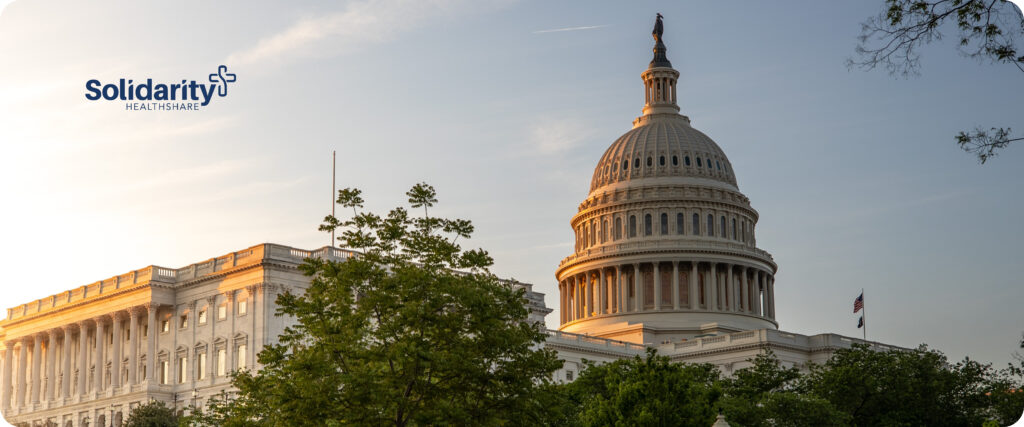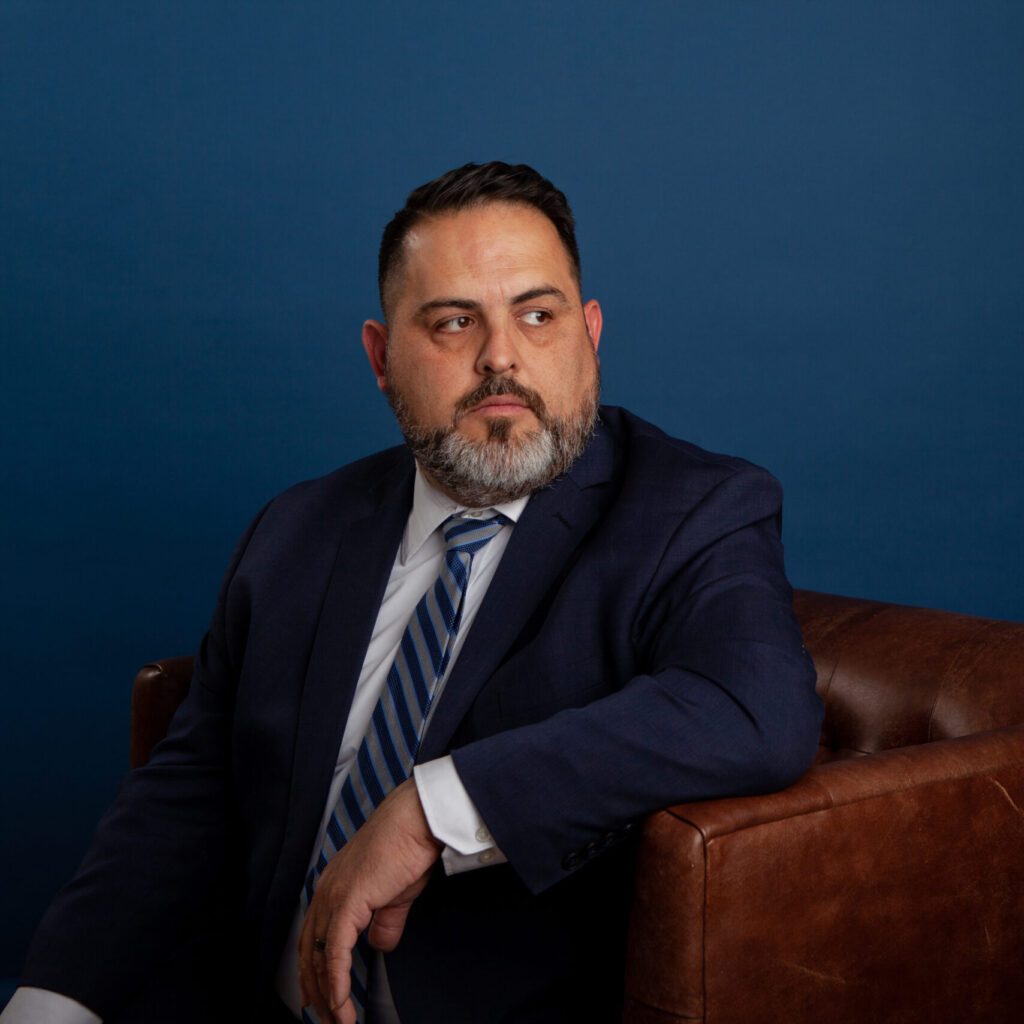
The Battle for Religious Freedom is Ongoing
Headlines often wrongly portray the defense of religious liberty as just another culture war battle. There was a time not long ago, however, when every American recognized the great importance of our First Freedom. Thirty years ago on the 16th, the Religious Freedom Restoration Act (RFRA), a law designed to protect the consciences of all religious believers, went into effect after Democrats and Republicans in Congress nearly unanimously agreed to pass it.
RFRA has been a vital first line of defense for vulnerable minority groups, from Hindus to Jews, exposed to persecution. Three decades later, we should all be able to celebrate what this law has done to safeguard Americans’ sincerely held religious beliefs.
If you’ve never heard of the Religious Freedom Restoration Act, you’re not alone. The law was enacted in response to a Supreme Court decision that limited religious liberty protections. To remedy that poor decision, Congress passed RFRA to restore the right to freely practice one’s faith in the public square to its proper status as a fundamental First Amendment right.
Why is the Religious Freedom Restoration Act Important?
In fact, RFRA awards religious expression the highest protection possible by federal law—the same protection as other bedrock rights such as free speech, voting, and a fair trial. Former president Bill Clinton, upon signing RFRA into law, once said that “what [RFRA] basically says is that the government should be held to a very high level of proof before it interferes with someone’s free exercise of religion…. We believe strongly that we can never…be too vigilant in this work.”
Clinton’s words quickly became outdated. Nowadays, administrations have taken extreme measures to drive faith out of public life entirely. Their hostility toward religion makes RFRA indispensable in protecting, for example, the consciences of religious health care providers, patients, and ministries who refuse to administer, undergo, or support procedures that violate their faiths, including abortion, contraception, and gender transition surgeries.
In 2011, the U.S. government unfairly required the family owners of the Hobby Lobby craft store to provide medical insurance coverage to their employees, despite the owners’ moral and religious objections to life-ending drugs covered by the program. Fortunately, the family invoked RFRA in court and won after a two-year legal battle to preserve their business and prevent the government from unnecessarily forcing them or their employees to violate their beliefs.
Even an order of Catholic nuns has sought protection under the Religious Freedom Restoration Act. The Little Sisters of the Poor spent five years in court to secure a religious exemption to a mandate of the Affordable Care Act that needlessly forced them to provide contraceptives and abortifacients to their elderly community members.
In the midst of the Little Sisters’ court battle, the federal government also mandated that nearly every health care provider in the country perform and cover gender-transition procedures, without an exception for physicians with religious objections to such “treatments.” A medical association of nearly 20,000 members, eight states, and two faith-based hospitals challenged the mandate in federal court and won in large part due to their claim that the government’s command violated RFRA.
RFRA Protections are Under Attack
Unfortunately, the Biden administration is relentlessly attempting to force those with moral objections to embrace radical health mandates. But most Americans have little tolerance for such religious persecution. In fact, 24 states have passed their own versions of RFRA to combat egregious First Amendment violations.
Many others are taking matters into their own hands by seeking health care alternatives, such as Solidarity HealthShare, that provide them ethical and comprehensive treatment, without violating their religious beliefs.
For decades, RFRA has been essential to protecting the sincerely held religious beliefs of Americans against government intrusion. Our elected officials would be wise to align their political priorities with this law so worthy of celebration in this, its 30th year.
Read the original opinion by Chris Faddis published in Newsweek here.

Chris Faddis is president of Solidarity HealthShare, a healthcare sharing ministry guided by the moral teachings of the Catholic Church that negotiates directly with providers to ensure delivery of high-quality and affordable, life-affirming healthcare for the more than 46,000 Members it has served since 2016.

